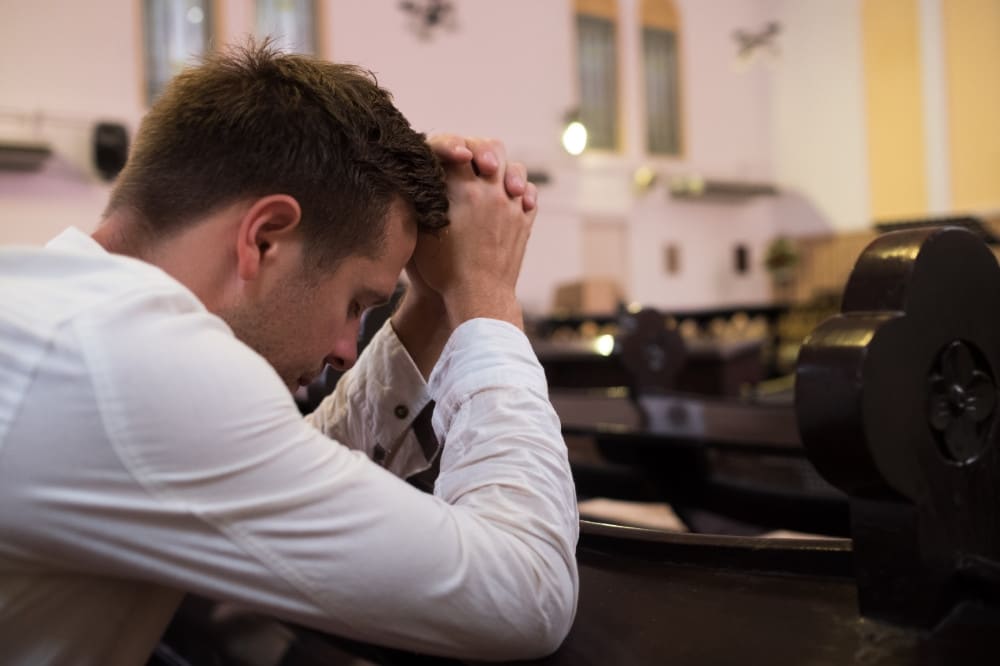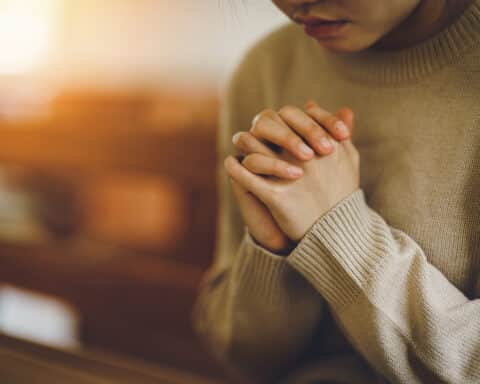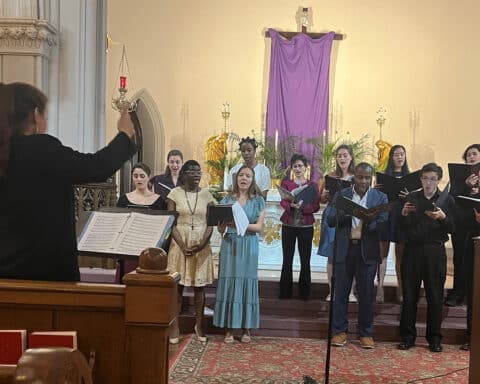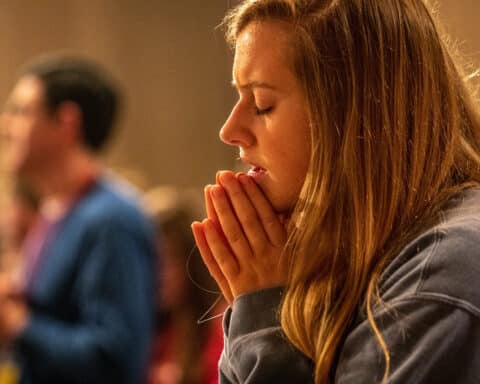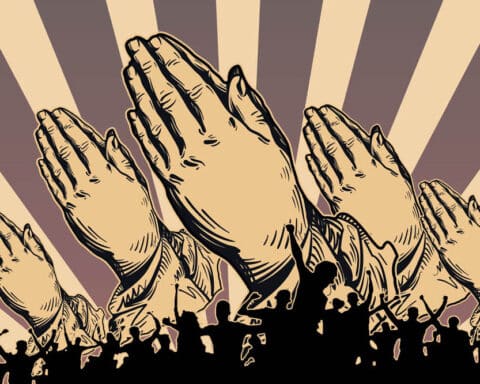It took me a long time to add them. They had not treated me well and were not friends, but they had been friends. I spend some time at every Mass thanking God for my friends, bringing to mind a picture of each one as I pray for them, partly as a way to keep myself from racing through the list, and partly because I like to see the people I like.
It’s a blessing, thinking of the people in whose lives I have some place, even if small and minor. But the people who had broken our friendship, I had forgiven them, but also dropped them from the list of friends. I’m pretty sure I’m not on theirs.
The writer Andre Dubus lost the use of his legs while helping a brother and sister stranded on the highway late at night. (He’s the father of the now better-known writer Andre Dubus III.) As he struggled to get them to safety at the side of the road, a car hit them, killing the brother and sending Dubus over the car’s hood and roof and onto the trunk. He spent the rest of his life in a wheelchair.
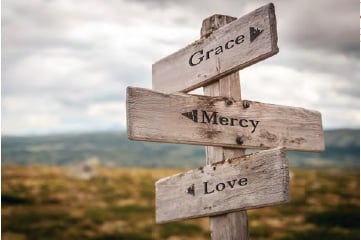
NPR’s Terry Gross interviewed him five years after the accident. The interview appears in her book “All I Did Was Ask.” Do you feel what you read helped you, she asked.
“Oh yes, I do,” he said. He’d grown up Catholic and retained his faith, unlike so many people like him. “Growing up with the passion of Christ as your example of ‘This is how things are going to be’ gives you the expectation of suffering.”
It also seems to have determined the kinds of books he would read. He started reading serious literature when he was 18. “Most literature is about what? People who love each other, people who hurt each other, people who lose. You could say I’ve been spending most of my spiritual and mental life dealing with the suffering of others — from Christ to Natasha in ‘War and Peace.'”
Gross asks him if his reading has changed since his accident. “Yeah, I tend to read more of the New Testament and less of anything else.” He found himself reading only the New Testament and histories of the Marine Corp. (He’d been a Marine.) “Then I realized I was doing both for my spirit. Trying to get courage, endurance, grace, wisdom.”
He speaks of forgiving the driver who hit him. “As a little boy brought up in a Catholic school, I learned to pray for people you don’t like. I started praying for her, using her name, because I really felt hatred. I knew the only way to get rid of it was prayer.” In another interview, he says he used her name as a curse word whenever his remaining leg hurt.
“Finally,” he said, “after a few months, with help from somebody who was praying with me, I saw it from the woman’s point of view.” A little later in the interview, he explains this. “I’d mention her name every morning, and I prayed for her, because I knew that I couldn’t go around hating somebody. It just destroys you. You can’t carry that around in your heart.”
His prayers for her brought not just forgiveness, but understanding and apparently even sympathy. After those months of prayer, “the grace came to me,” he says, the grace not only to forgive her but to see the whole horrible event as she saw it.
He felt the grace “to be in the car, as she would have been, on that night — driving. I realized she didn’t do anything wrong. She just had a bad night. She wasn’t drinking. She wasn’t on drugs. She just didn’t see us. You know, she didn’t break any laws.”
He only suffered because a man whose wife had left him left his motorcycle in the middle of the highway. The brother and sister hit the motorcycle, Dubus stopped to help them, and a minute or two later he found himself lying on the trunk of a car.
He doesn’t speak of praying for the man who abandoned the bike, but he must have. When the man came to trial, he asked the court to give him the minimum sentence and to send him to a nearby jail so he would stay near his children.
My losses haven’t been nearly as great as Dubus’. Being mistreated by friends doesn’t compare with losing your legs. Partly through his influence, I added my one-time friends to my prayers at Mass. It saves me from feeling hurt and helps me sympathize with them, with whatever reasons they had for doing what they did, and it may someday lead back to friendship.
David Mills writes from Pennsylvania.

